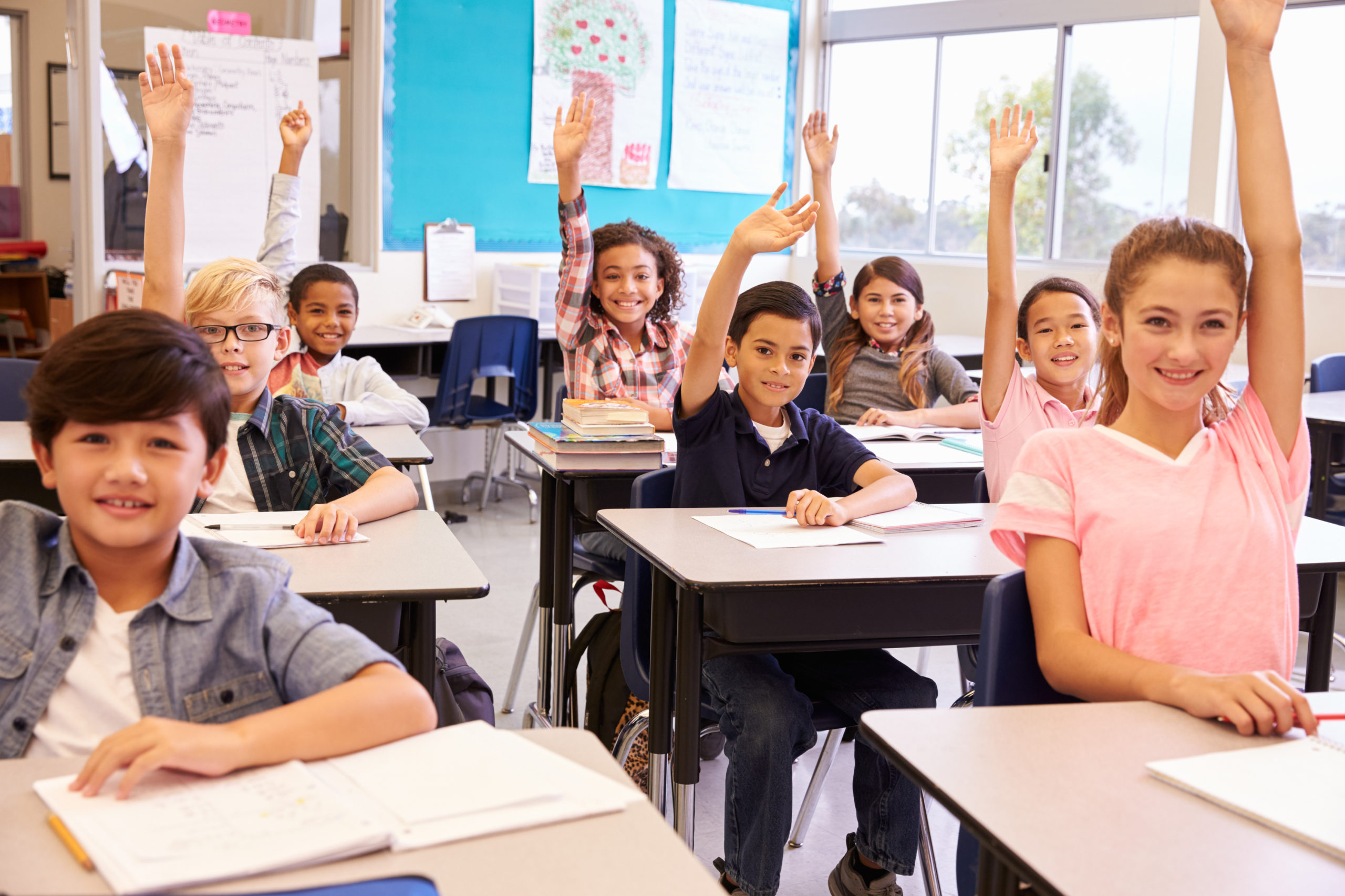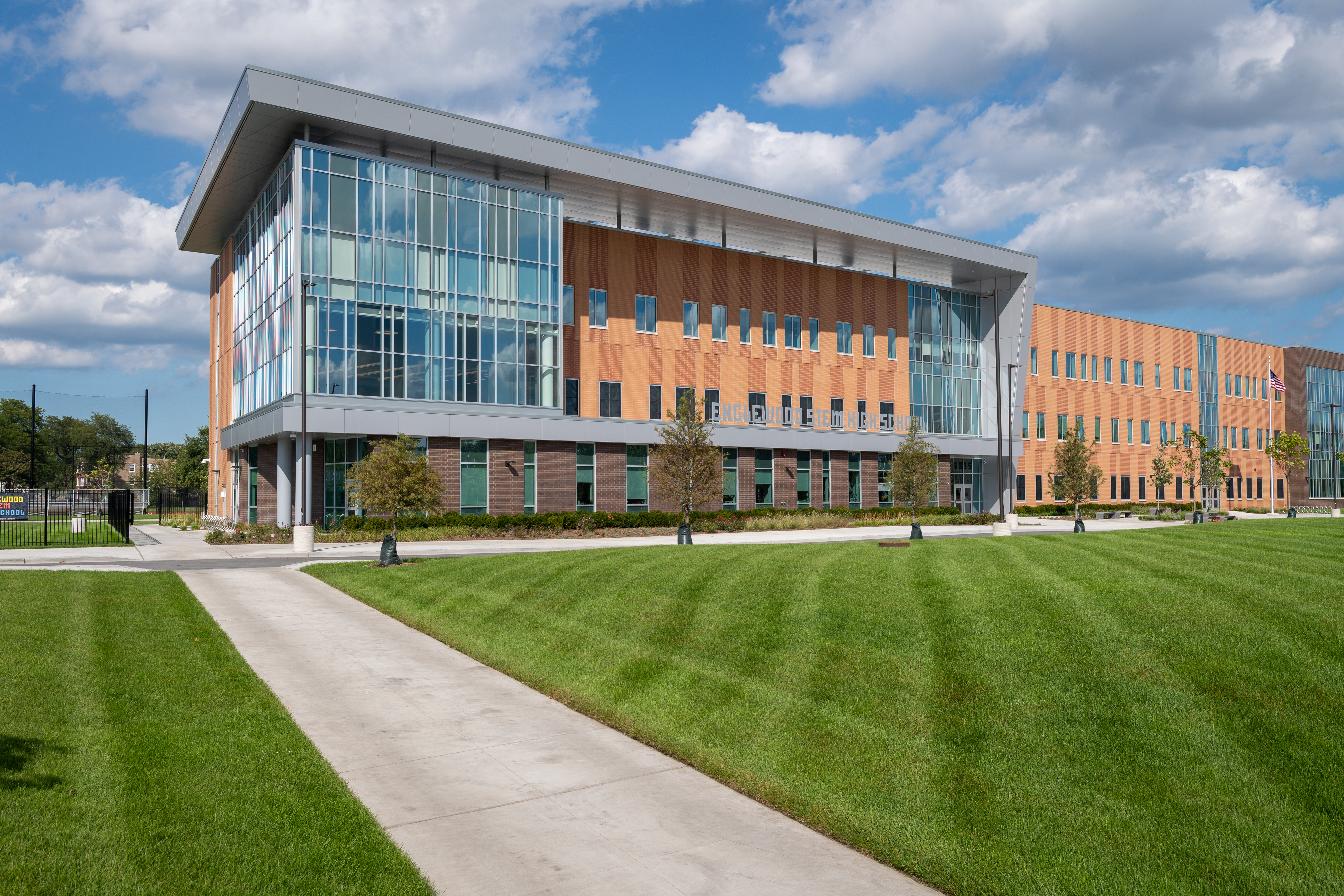Sign Up With Us: Occasions and Efforts to Save Temecula Schools
Sign Up With Us: Occasions and Efforts to Save Temecula Schools
Blog Article
Recognizing the Value of Institutions in Child Development and Community Development
Schools act as crucial institutions for youngster advancement and neighborhood growth, giving environments where academic achievements are complemented by the growing of social skills and direct exposure to varied point of views. These academic settings not only promote critical thinking and effective interaction but likewise foster empathy with collaborative tasks. Colleges' interaction with regional areas through service-learning initiatives strengthens the bond between family members and educational institutions. This symbiotic partnership underscores the value of schools in nurturing active citizenship and long-lasting discovering behaviors. However, what are the specific systems by which these institutions attain such extensive effects?
Academic Accomplishment
Academic accomplishment functions as a foundation of child development, providing the foundation upon which future understanding and success are built. Institutions play a crucial duty in fostering this academic growth, providing organized environments where youngsters can obtain vital knowledge and cognitive skills. Standard educational program make sure that students gain effectiveness in core topics such as mathematics, scientific research, and language arts, which are critical for both college and professional possibilities.
In enhancement to presenting essential academic skills, schools likewise grow essential reasoning, analytical capabilities, and intellectual interest. These cognitive competencies are essential for navigating complicated real-world circumstances and adapting to the ever-evolving needs of the contemporary workplace. Teachers, as facilitators of knowing, utilize diverse instructional techniques to provide to varied knowing designs, thereby making the most of specific student potential.
Furthermore, scholastic success is very closely linked to self-worth and motivation. Youngsters who experience scholastic achievements are more probable to create a positive self-concept and a lifelong interest for discovering. Institutions also provide different resources, such as libraries and technology, which better enhance the instructional experience and prepare trainees for a technologically advanced culture.
Social Skill Growth
Beyond academic achievement, the duty of schools in social ability development is indispensable. Schools function as a key venue for kids to find out and exercise important social abilities such as interaction, teamwork, and problem resolution. In the structured environment of a classroom, trainees connect with peers, instructors, and various other college personnel, providing numerous possibilities to develop these crucial abilities.
Effective social ability advancement in institutions is helped with through group tasks, collective projects, and extracurricular programs. These interactions assist students understand social norms, build compassion, and promote a feeling of area. For circumstances, team jobs instruct students just how to collaborate towards a typical goal, pay attention to various perspectives, and navigate differences constructively.

The growing of social skills throughout college years lays a structure for future individual and professional partnerships. Save Temecula Schools. As students develop, the ability to successfully team up and interact comes to be increasingly important, highlighting the college's important duty in holistic youngster advancement
Direct Exposure to Variety
Direct exposure to diversity in colleges is basic to cultivating an inclusive frame of mind and widening pupils' perspectives. Schools act as a microcosm of the more comprehensive society, and coming across varied societies, languages, and socioeconomic backgrounds within this setting equips students with important skills for browsing a significantly globalized globe. This direct exposure urges empathy, decreases prejudices, and promotes mutual regard among peers.
Research shows that students that communicate with peers from diverse backgrounds display better analytic abilities and creativity. This understanding of diversity prepares pupils for future work environments that worth modern skills - Save Temecula Schools.

Neighborhood Involvement
The advantages of varied classrooms prolong beyond the institution wall surfaces, fostering a strong sense of area see this site engagement among pupils. By connecting with peers from numerous social, socioeconomic, and ethnic backgrounds, trainees obtain a more comprehensive viewpoint and an appreciation for variety. This direct exposure motivates them to come to be energetic citizens who agree to add positively to their areas.
Colleges that stress area involvement commonly include service-learning projects, which enable trainees to resolve real-world issues while using academic skills. These projects not only enhance trainees' understanding of their coursework but additionally infuse a sense of responsibility and empathy. Additionally, collaborations in between schools and neighborhood organizations supply trainees with possibilities to participate in area events, even more strengthening their function as positive community participants.
Furthermore, parental and community involvement in colleges reinforces the bond between schools and the communities they offer. When colleges open their doors to community events, workshops, and volunteer chances, they produce a joint setting that profits all stakeholders. This shared assistance system makes sure that trainees get all natural advancement, preparing them to end view it now up being well-rounded individuals who value and add to their areas. Via these initiatives, institutions play a critical role in nurturing community engagement and fostering social development.
Lifelong Knowing Routines
Developing lifelong discovering practices is important for a youngster's constant development and adaptability in an ever-changing world. Schools play a crucial function in instilling these habits by developing an atmosphere that cultivates curiosity, vital reasoning, and a love for knowledge. Via extracurricular tasks and diverse educational programs, teachers motivate trainees to check out various topics, examine info seriously, and apply their discovering to real-world situations.

Moreover, institutions provide an organized atmosphere where youngsters can develop self-discipline and time monitoring abilities, both of which are vital for continuous knowing. By stressing the importance of setting objectives, assessing development, and adjusting strategies, universities prepare trainees to navigate the complexities of adult life, guaranteeing they continue to be lifelong students and contributors to society.
Final Thought
In verdict, institutions are vital in cultivating kid growth and area development by supplying atmospheres conducive to academic accomplishment, social skill development, and exposure to diversity. Eventually, institutions grow long-lasting understanding habits, equipping people with the required knowledge and skills to add positively to society.
In the structured setting of a classroom, pupils communicate with peers, instructors, and various other school personnel, offering many opportunities to create these important abilities.
In significance, direct exposure to diversity within institutions not only enriches specific pupils but additionally strengthens the social fabric of the area as a whole.
The benefits of diverse class expand beyond the institution wall surfaces, fostering a solid sense of neighborhood involvement amongst students.Institutions that stress neighborhood involvement often integrate service-learning jobs, which permit pupils to deal with real-world issues while using scholastic abilities. Collaborations between schools and regional companies give pupils read here with opportunities to participate in community occasions, better strengthening their role as proactive community members.
Report this page